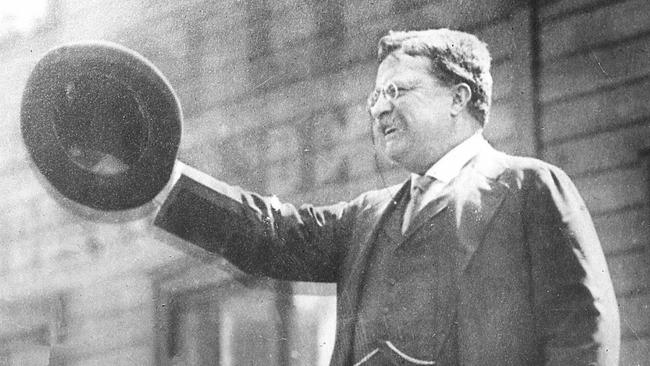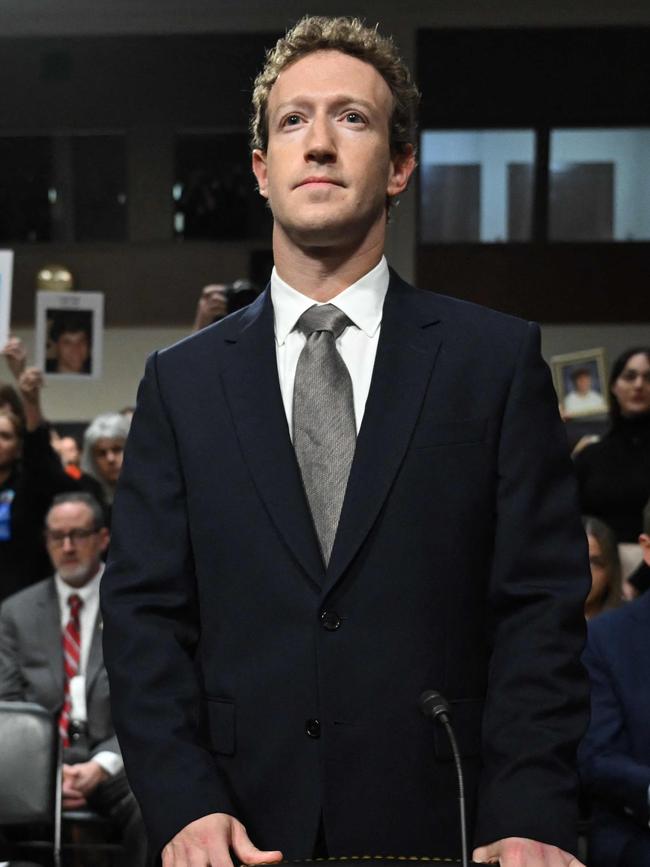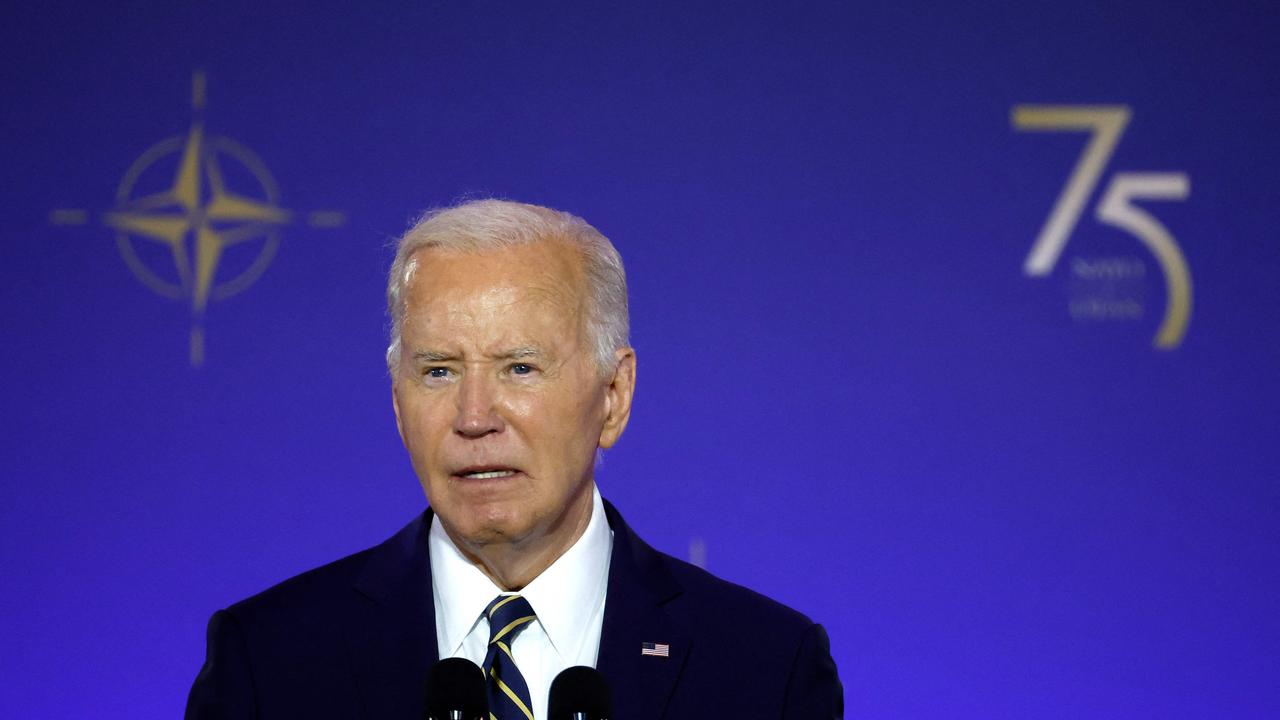Reckless power of big tech threatens states’ sovereignty

John J. Sirica is an iconic name in American judicial history. But as well as his landmark rulings on the egregious misbehaviour of the Nixon administration, he retained a sense of humour.
Walking through a federal courthouse in Washington DC, he noticed boxes upon boxes of documents being set aside for what emerged as a classic antitrust case, United States v American Telephone and Telegraph Company. Observing the mountainous paperwork, Sirica quipped: “I’m glad I only had Watergate.”
The antitrust case resulted in the breakup of AT&T and the emergence in different regions of the US of the so-called “Baby Bells”, which provided communication services to customers in traditional markets.
The telephone landscape in the US today emerged from the AT&T case and few would argue it did not result in greater competition and increased economic activity.
From the passage of the Sherman Anti-Trust Act in 1890, the US has a chequered but often effective history of confronting corporations that have amassed disproportionate commercial and often political power.
The trusts of the turn-of-the-century United States – referring to the great corporations in industries such as energy, banking, steel and railroads – were dominant in an America that was newly industrialised and where the law had not kept pace with commercial and technological advances.
A similar dilemma now confronts not only the US, but also the rest of the world, especially Europe. In Australia, we have seen the virtually unfettered power of big tech hold sway in our business and political discourse. The gigantic corporations concerned insist they are not to be held accountable for their products and processes, regardless of their social impact or accompanying social damage.
It is not necessary to reinvent the wheel. Humanity likes doing this, but the experience of the US and other countries at the turn of the 19th and 20th centuries, and the political debates that surrounded legislative interventions, are a useful guide to our immediate future. If anyone doubts the tech giants recognise no boundaries and are dismissive of democratic norms, the following story might disabuse them of their folly.

A friend told me about attending a forum in the UK some time ago that involved a panel including a spokesperson from big tech and also a senior figure from British intelligence. The big tech evangelist boasted to the audience that they “governed” two billion people through their capacity to reach into businesses and homes. Smirking, the executive asked the intelligence official: “What about you?” This begs the question: Who elected big tech to fulfil this role?
Democracy is under threat globally, and the external dictatorial challenges are readily identified. But our democracy can also be eroded, indeed jeopardised, by authoritarians within who show little respect for the law and no respect for the public interest.
In the 1930s, British Conservative PM Stanley Baldwin was facing a continuing assault from certain tabloid newspapers owned respectively by lords Rothermere and Beaverbrook. Rudyard Kipling was the prime minister’s cousin, and he is reported to have supplied the answer. Baldwin did not miss his opponents, describing them graphically: “Power without responsibility, the prerogative of the harlot through the ages.”
Precisely the same comments could be made about the reckless behaviour of certain of the tech giants in our time.

John D. Rockefeller built Standard Oil to such a mammoth size that it represented an effective boa constrictor on the American energy market. Broken up into its geographic elements across the continental US, Standard Oil was denied its dominance but the different entities that were created blossomed over time into companies with global consequences, such as Chevron, Mobil and Exxon. The breaking up of this behemoth lead to sustained competition and innovation in the energy markets both in America and abroad.
The dissolution of Ma Bell under both Democratic and Republican administrations mirrored this earlier experience.
Mark Twain was always careful not to embrace Karl Marx’s declaration to Friedrich Engels that “history repeats itself”. However, the great American author and humorist is often credited with having observed that history “does often rhyme”.
The key to any democratic society confronting inordinate power is courage and resolve on the point of the elected leadership, be they Australian, American, European or otherwise.
In the turn-of-the-century battles between monopolists and the American government, the standout figure was 26th US president Theodore Roosevelt.
There is a possibly apocryphal story told that JP Morgan once said to Roosevelt that he would send his man down from Wall Street to the White House to discuss economic and monetary policy. This is the kind of overweening pride and braggadocio displayed on occasion by the current round of pretenders to global fortune and fame. Some indication of Roosevelt’s position can easily be read from a speech he delivered at Symphony Hall in Boston on August 25, 1902: “It is of course a mere truism to say that the corporation is the creature of the state, that the state is sovereign. There should be a real and not a nominal sovereign, someone sovereign to which the corporation shall be really and not nominally responsible … What I hope to see is power given to the national legislature which shall make the control real.”
These words echo down the centuries, and the current circumstances and solutions rhyme historically with that time in our past. Roosevelt did not blink, nor should our elected leaders blink now in causing big tech and its adherents to acknowledge the sovereignty of nation states.
This is actually the sovereign challenge of our era.
Stephen Loosley is a former ALP national president and senator. These are his personal views.




